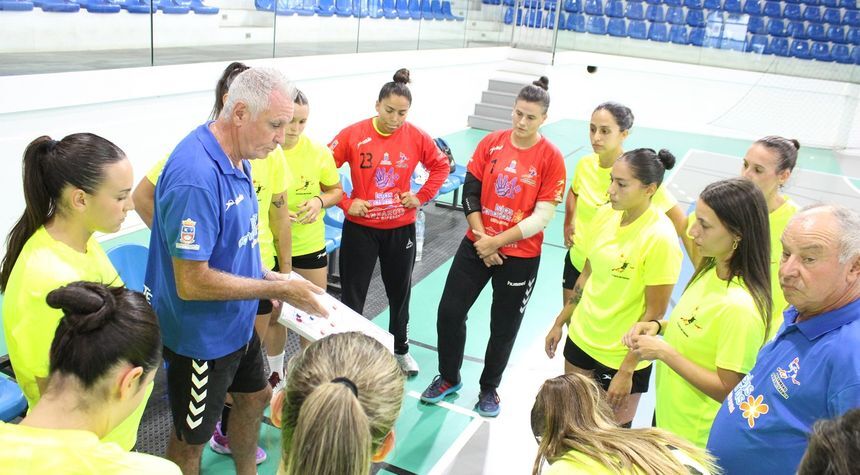Primary Sector has completed 50% of the Benijos warehouses rehabilitation project
The Vice President of the Cabildo, Lope Afonso, and the councillor for the Primary Sector, Valentín González, visited work this week, which will involve a total investment exceeding 2 million euros, addressing a long-standing demand from farmers in northern Tenerife
This week, the Vice President of the Cabildo, Lope Afonso, and the councillor for the Primary Sector, Valentín González, visited the rehabilitation works at the Benijos warehouses in the municipality of La Orotava. These works are currently 50% complete and respond to a long-standing demand from farmers in northern Tenerife.
The ongoing work involves rehabilitating the buildings, primarily the roofing, while maintaining the original functionality and storage capacity for potatoes.
Vice President Lope Afonso explained that “this is the first phase of the ultimate goal set by the Primary Sector area, which is the comprehensive rehabilitation of the facilities, aiming to improve the competitiveness of farmers in the northern part of the island in the market. In this area, potato cultivation has a significant economic foothold, strongly linked to the traditions and culture of the region.”
In this context, the Primary Sector councillor, Valentín González, stated that “we aim to adapt these facilities for receiving, processing, storing, and marketing potatoes in Tenerife, particularly in the northern part of the island.”
This first phase of the works has a budget of €641,642.62. Once completed, the project for the renovation and redistribution of the cold storage chambers will commence, with a budget allocation of €1,385,000. This will allow for the creation of rooms with independent refrigeration facilities and common access. This final phase also includes electrical renovations for independent meters for the new chambers.
In total, the Cabildo will allocate more than €2 million to the rehabilitation of this iconic infrastructure, with the intention of “implementing provisions that ensure efficient and sustainable use, as well as providing farmers with a suitable location to store their potato harvest, giving them greater negotiating power in the sale and marketing of local potato production,” concluded Vice President Lope Afonso.














